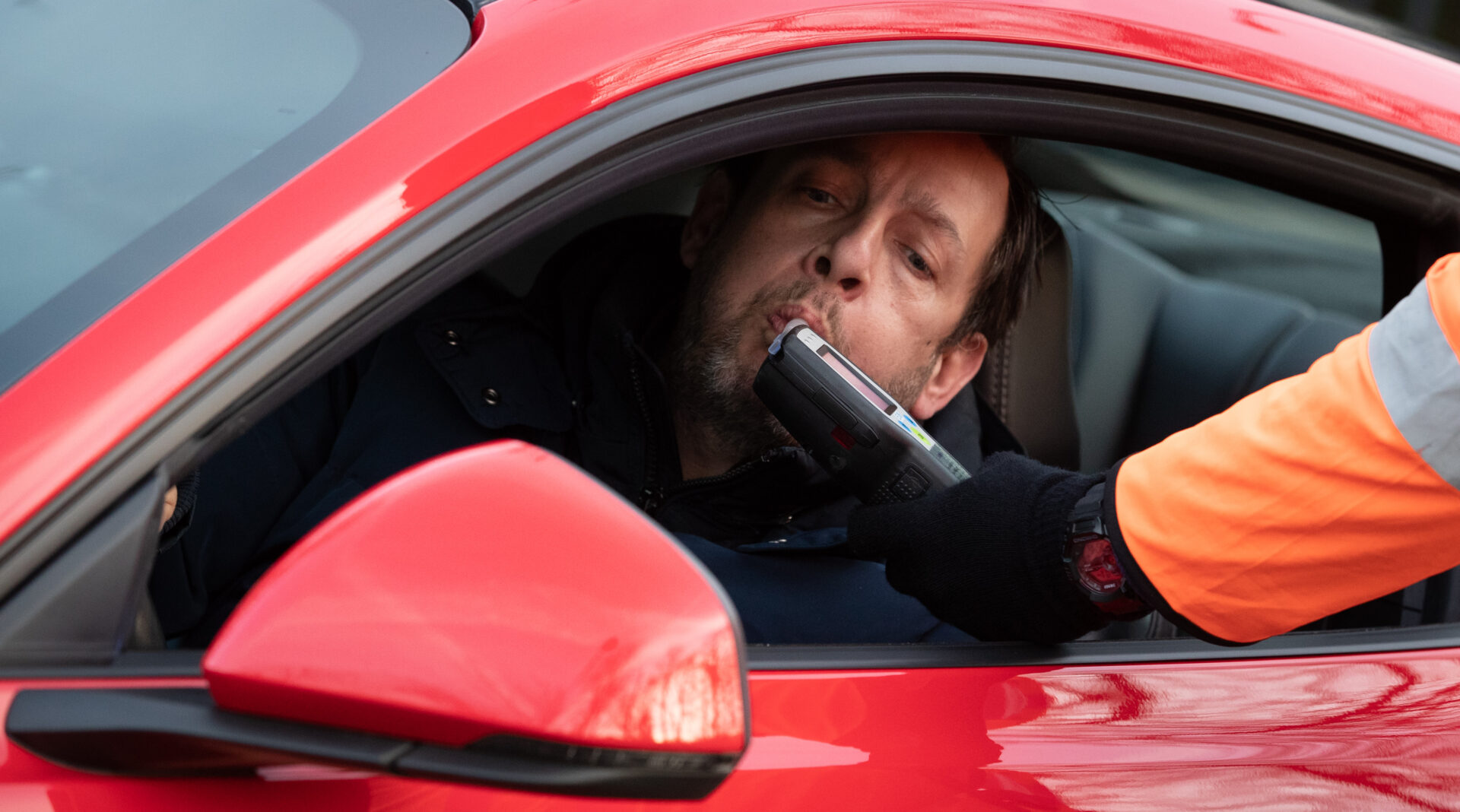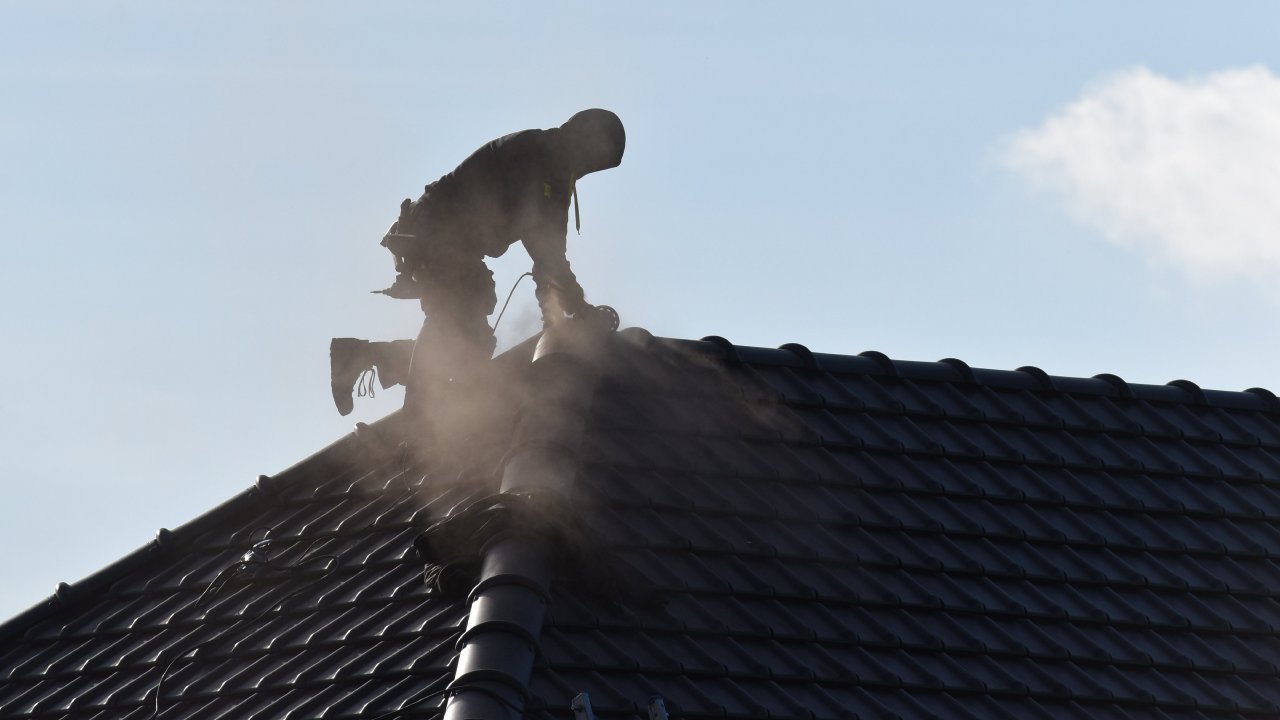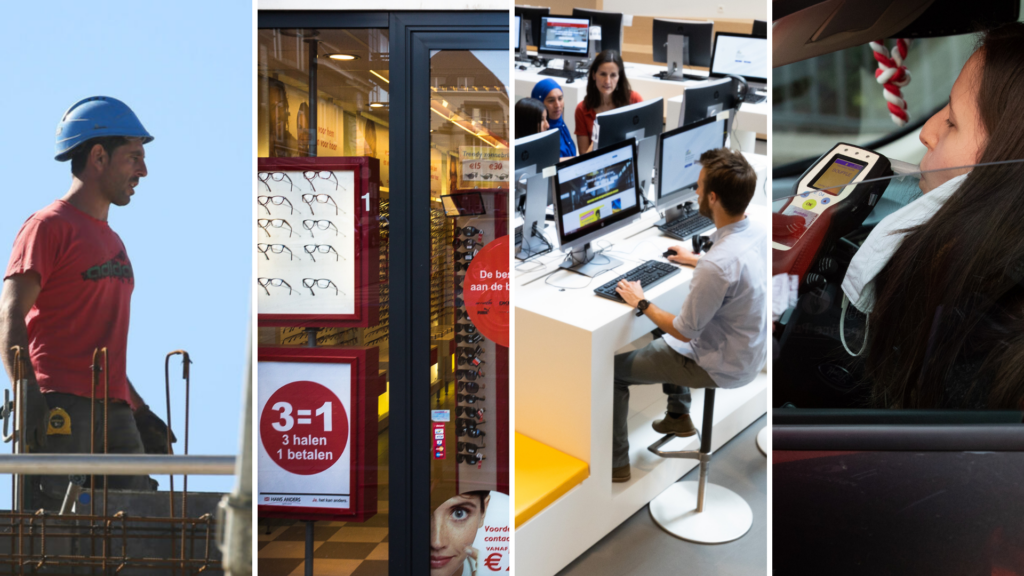Today not only marks Labour Day, but it is also the start of a new month. In Belgium, this is always paired with a series of changes to existing laws and the enforcement of new rules. Find out the most important updates below.
Medical reimbursement
From May, more people will be eligible for health insurance reimbursement for the purchase of contact lenses and glasses. Currently, only glasses from dioptre 7 (-7 or +7) and contact lenses from dioptre 7.75 are being reimbursed. Dioptre refers to the deviation that reflects an individual's vision or, put simply, how poorly a person sees.
However, from Wednesday onwards, health insurance will intervene for glasses and lenses with a strength starting from dioptre 6. With this deviation, people are also severely nearsighted (negative dioptre) or farsighted (positive dioptre).
In concrete terms: lenses and glasses from -6 and +6 will henceforth entitle you to a reimbursement. This will result in around 105,000 more people in Belgium with glasses and 154,000 people with contact lenses getting more financial support. People can get reimbursement for eyeglass lenses and contact lenses at the same time.
Traffic alcohol check
Another key change that will come into force from Wednesday applies to police alcohol checks in traffic. In Belgium, driving under the influence remains one of the main causes of traffic deaths, which is why all government levels are strengthening the fight against drink-driving.
The latest measure will enter into effect from 1 May. From this day, drivers can no longer ask for a 15-minute wait for a breath test at an alcohol control, the Mobility Ministry announced.

Police alcohol checks. Credit: Belga/ Benoit Doppagne
Until now, a waiting time was in place to neutralise the effect of "mouth alcohol" – alcohol that is still present in the mouth shortly after drinking and can therefore affect the result of the breathalyser test. However, this step is no longer needed as the latest devices detect and swiftly neutralise mouth alcohol 100% reliably, rendering a waiting period unnecessary.
This measure will be followed in July by the minimum volume of exhaled air being lowered from 1.9 to 1.2 litres. This means the police will not have to call on doctors as frequently in order to take blood samples if the minimum volume is not reached. Both measures should make breathalyser tests more efficient, ensuring police can do more checks in the same amount of time.
Changes to working in Flanders
Specifically in Flanders, two measures will come into force regarding unemployed people and newcomers. Firstly, people receiving a living wage will be obliged to register with the employment service VDAB from 1 May.
Currently, just one-fifth of all living wage recipients are employed after a year, however, this number rises to 40% among living wage recipients who are registered with the VDAB. This is one of the latest in a series of measures introduced by the region to raise the employment rate in Flanders to 80%.
Anyone of working age (between 18 and 65 years) must register with the VDAB within four months of being granted a living wage or a living wage equivalent unless they have a good reason that prevents them from working. Anyone of working age who already receives a living wage will be given three months to register.
The VDAB itself will not be able to impose sanctions but it can transfer the files to the social services to sanction them.

Credit: Belga
Meanwhile, the region is also amending the rules for the employment of workers from outside the European Union. Employers will be able to employ certain profiles – mainly "top foreign talent" – more flexibly in response to the structural shortages in the labour market.
This will result in holders of the EU Blue Card for highly qualified workers being able to change employers in Flanders without a new application. Additionally, for certain IT profiles, diplomas are also no longer taken into account but only relevant experience.
At the same time, the region is tightening controls on labour migration "to tighten economic migration policy to reduce abuse and improper economic migration". In the Blue Card holder example, these employees must receive an annual salary of at least 130% of the average Flemish wage (around €4,100 gross per month), up from 120%.
Related News
- Belgium remains champion for highest tax burden despite small drop
- Filing taxes online possible from 24 April: What to know
Meanwhile, inspection services will also be given a legal basis with reasons for refusing an application to recruit a non-EU person: for example, companies without staff or with too little turnover to justify additional staff.
For low-skilled jobs in bottleneck professions (for example in the healthcare sector), recruitment can now take place outside the EU, but the employer must first prove that it has spent at least nine weeks looking for a suitable candidate within Europe. Until now, that was only six weeks.

